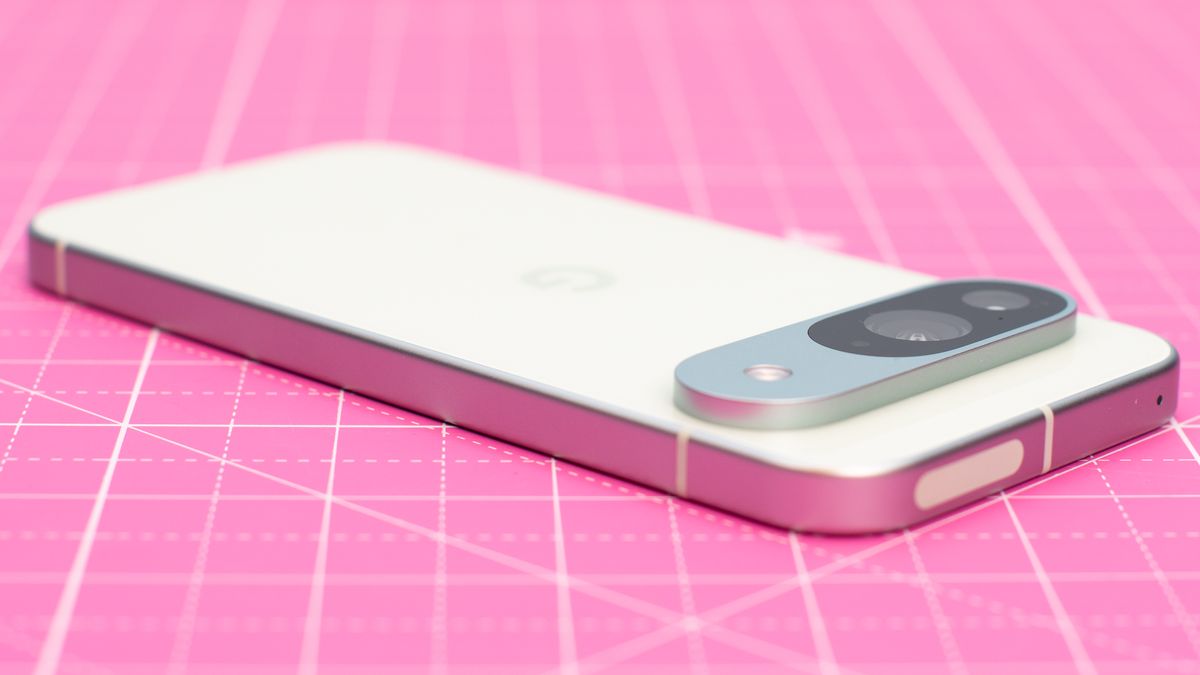When it comes to gadget specs, it’s best to be precise. For example, if you were buying a TV, you may want to know the resolution, and if you showed up to Best Buy and the tag on your brand-spanking-new Sony said “kind of, sort of, 4K,” you’d probably have some questions. Same goes for AR glasses, in my opinion, but that didn’t stop Viture from slapping “4K-like” branding on all of its new frames. It also doesn’t stop me from wanting them all the same.
Viture announced a few pairs of upcoming AR glasses this week, but the most exciting one is “Beast.” Yes, that’s really the name. Beast is aptly named for being the most spec’d-out glasses of Viture’s current generation and comes with an impressive 58-degree field of view and Sony’s micro-OLED panel, which offers—and here’s the kicker—a “4K-like” resolution, according to Viture. What is “4K-like,” you ask? Well, it’s actually 1080p. But this 1080p is sharper, according to Viture, (50 percent sharper than the Viture Pro) and makes its AR glasses the “sharpest on the market.” I haven’t had a chance to use Viture’s Beast myself because they don’t launch until October, but Viture’s previous AR glasses already had the edge in clarity, so I’m curious to see how its new iteration moves the ball forward.
And if you’re still hung up on the marketing—I don’t blame you if you are—Viture says that the “4K-like” part actually comes from people’s reactions to the glasses. In an official explanation, Viture says, “The term ‘4K-like’ was inspired by users. When people first saw the display, they often asked, ‘Is this 4K?’ or said, ‘Wow, it looks like 4K!’” I mean… fine. To be honest, I’m willing to forgive some iffy marketing if these things are actually as crisp as Viture says they are, especially because of all the other stuff Beast has going for it.
 © Viture
© VitureOn top of its nice micro-OLED display and supposed class-leading sharpness, Viture’s glasses also have a Harman-tuned audio, electrochromic dimming so you can go from shades to clear depending on if you’re inside or outside, 1,280 nits of brightness, and even a depth sensor for “spatial computing” like the Vision Pro. That’s a lot of stuff packed into glasses that are pretty freaking small. Viture says Beast weighs about 88 grams, which is double other “smart glasses” like Meta’s Ray-Bans but with quadruple the capabilities and an actual display in them. All of that good stuff will cost you, though. When orders are available in October, Viture says its Beast glasses will cost $549, and those aren’t even the most expensive pair. Viture’s Luma series glasses, which are also incoming, will cost $600 but are primarily geared toward enterprise usage. For the full slate of incoming glasses, you can visit Viture’s site.










 English (US) ·
English (US) ·